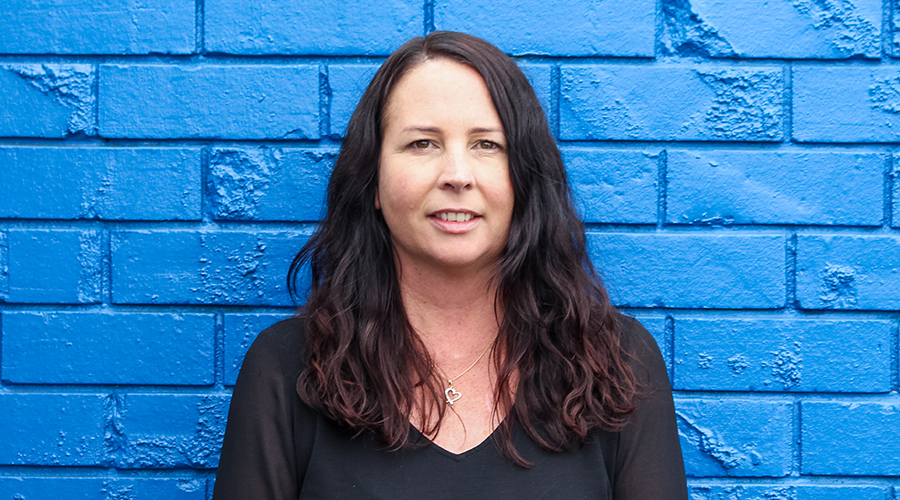The people restoring homes and wellbeing
23 Sep 2022
Frances Ronowicz, BNZ’s Head of Customer Care, shares a story of the extraordinary compassion and pragmatism of Alayne Duthie from Habitat for Humanity New Zealand.
For me, people like Alayne Duthie, Operations Manager for Habitat’s Home Repair Programme’s Central Region, exemplify a compassionate yet practical approach to helping families in need.
She’s really seen it all. Recalling one particular home, “The bathroom floor had rotted away except for the shower. The parent would shower with their baby worrying that it too would give out while they were in there.”
Alayne’s job is to support families to access the Home Repair Programme from Habitat. Born and raised in the small Waikato town of Mangakino, she can relate to many of the whānau she works with. “My dad didn’t have much money growing up but we never wanted for anything. I see the same outlook in many of the whānau we work with who are just getting on with their lives and are grateful for any support we can offer them”.
BNZ has been working with Habitat since 2019, supporting the Home Repair Programme, which offers no-interest loans to people and whānau who own their homes and need support to make vital repairs.
Habitat’s vision is a world where everyone has a decent place to live, and has been working with families in housing need in Aotearoa since 1993. Today, this looks like everything from installing a draft stopper or properly fitted curtains to keep the cold out and heat in, through to progressive home ownership and social rentals. The community housing provider aims to address inadequate or unaffordable housing. With the cost of living pressures on whanau today, Habitat help people find a way to greater financial wellbeing.
People access support in a range of ways. As Alayne explained, “They’re generally referred to us by DHBs, hospitals, through the healthy homes assessment programme, or through our website. Anyone can apply, though we focus on low- to middle-income earners who own and live in their homes. Sometimes hospitals refer people when kids are regularly getting sick with unhealthy living situations.”
After receiving the referral, a few formal checks (including an affordability assessment) are carried out by the team, whānau are notified, and the project starts almost immediately. Alayne is always pushing for that tick of approval to support whānau. She says, “I need a firm ‘no’ or I’ll try and try until I make it happen.”
Reflecting on her role with Habitat for Humanity, she describes it as ‘kaupapa-driven.’ Her job is not about the money or the time, it’s all about the people. Alayne sees herself as an empathetic and trustworthy person and it’s clear to me those skills are what shine through in her day-to-day interactions.
Often families can feel like they’re asking for too much, so it’s reassuring to know there are people like Alayne working to set the record straight. I think, to have someone in your corner, working hard and advocating on your behalf, can make a world of difference.
To find out more about Habitat for Humanity and the difference they’re making to people’s lives, visit their website.
Any views expressed in this article are the personal views of Frances Ronowicz and do not necessarily represent the views of BNZ, or its related entities. This article is solely for information purposes and is not intended to be financial advice. If you need help, please contact BNZ or your financial adviser. Neither BNZ nor any person involved in this article accepts any liability for any direct or indirect loss or damage arising out of the use of, or reliance on, all or any part of the content. References to third party websites are provided for your convenience only. BNZ accepts no responsibility for the availability or content of such websites.


